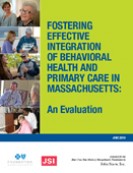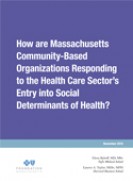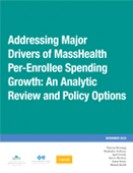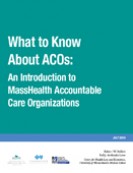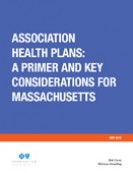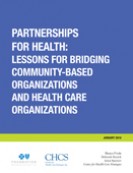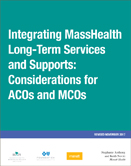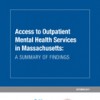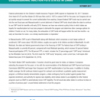The Geography of Uninsurance in Massachusetts: An Update for 2013-2017

This brief and accompanying set of tables serve as an update to previously released reports on the geography of uninsurance in Massachusetts. Relying on newly released data for 2013-2017 from the American Community Survey (ACS), this brief uses three measures of uninsurance – uninsurance rate, number of uninsured, and concentration of uninsured – to identify high-uninsurance communities in the state. This brief also provides new information on socioeconomic characteristics of high-uninsurance communities and their uninsured residents to further inform strategies for targeted outreach efforts. Among other key findings, by looking at the concentration of uninsured residents (i.e., the number of uninsured per square mile of land area) to identify high-uninsurance communities, we find that the uninsured are concentrated in a relatively small number of communities, primarily in and around Boston.
Included with this release is a set of detailed tables available for download that provide estimates of the rate and number of uninsured for all persons, children (ages 0-18), and adults (ages 19-64), by various geographic units, including Congressional districts, counties, cities and towns, and census tracts.

